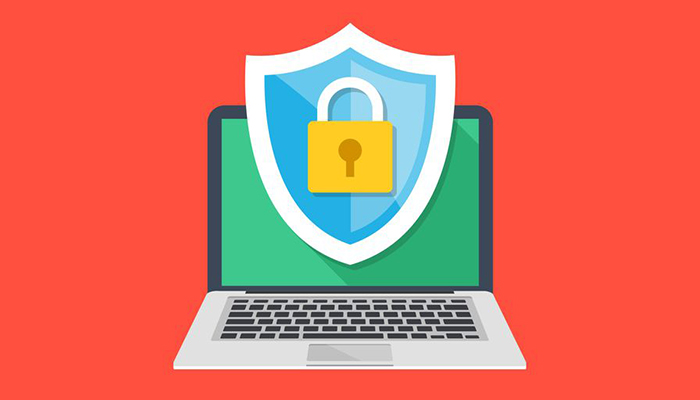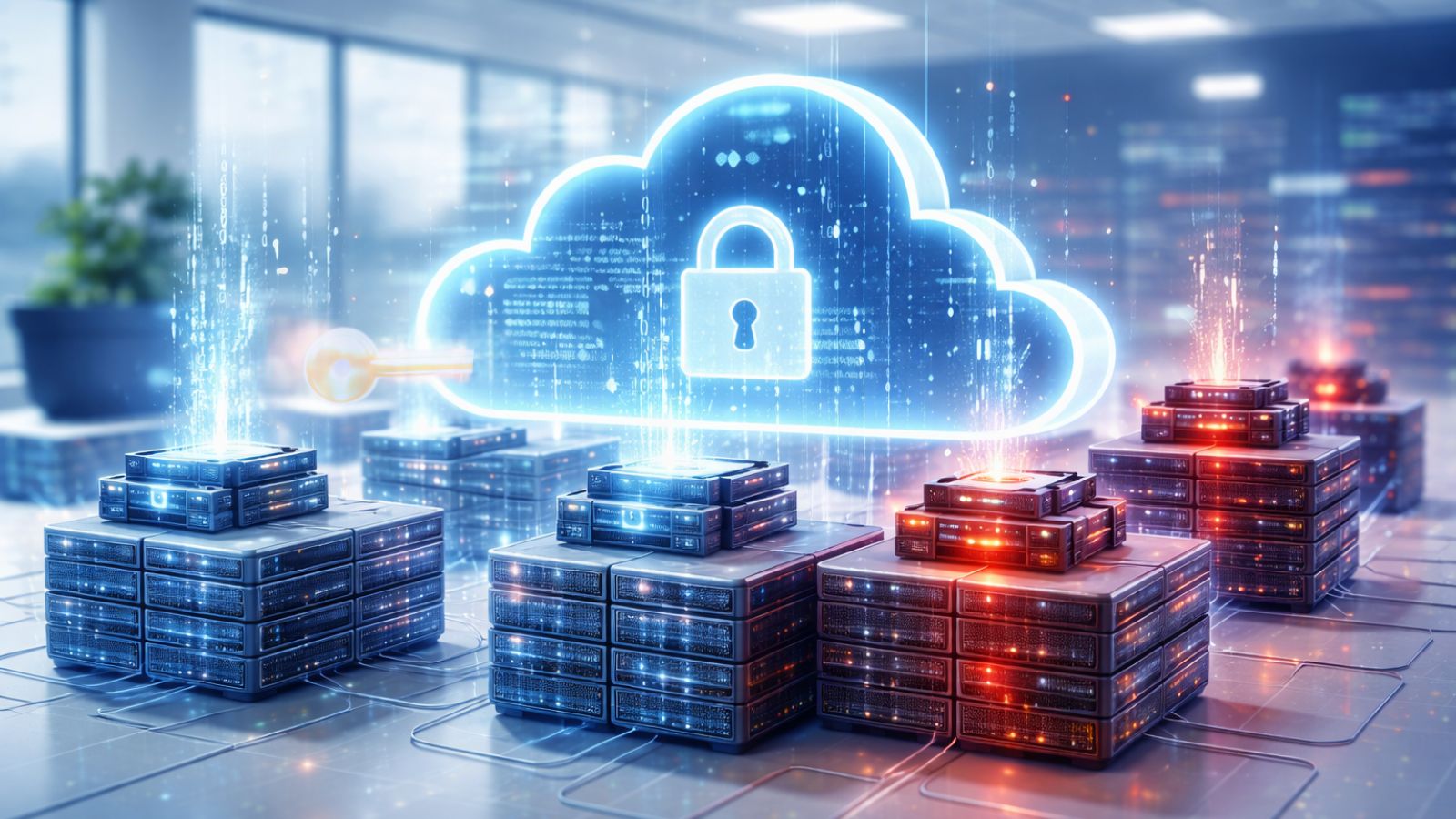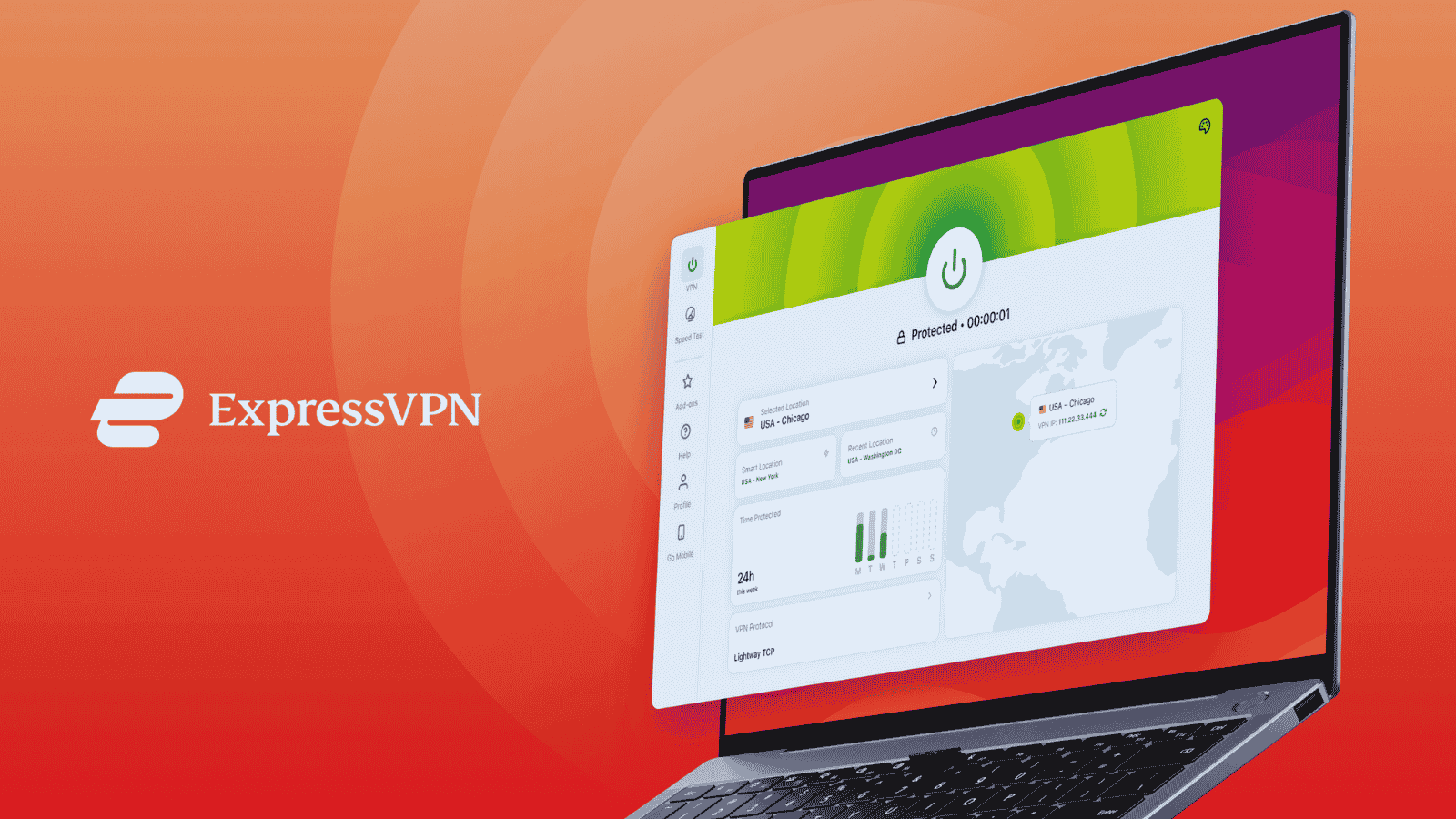
When you purchase through links on our site, we may earn an affiliate commission. Here’s how it works.
How to Teach Family Cyber Security
The security of your home network, the computers connected to it and the information stored on all those devices are only as good as the weakest link in the security chain. So it doesn’t matter if you’re a tech-savvy ninja who would never fall for common attacks. As long as the people who live in your household aren’t also informed and vigilant a breach is inevitable.
So how can you help the other people in your household uphold the security of your digital systems? There’s no easy answer, but in this article, we’ll explore some strategies that can help.
Technology Can Only Do So Much
Obviously, you can keep your family safe despite their ignorance of online security and privacy. You can set up your own proxy and block dangerous sites. You can personally make sure that every machine has the latest anti-virus and malware removal software installed. It’s possible to set up software on children’s devices that will let you review everything they’ve done. The possibilities are endless.
The thing is, this will only get you so far. There’s no technological solution that’s going to keep your family safe online in spite of themselves. As the main principle of social engineering teaches us, the weakest link in any cybersecurity setup is always the human element. Here’s what you can do to strengthen it.
Start Early
When it comes to your kids there are no such things as “too early” when it comes to talking about safety and privacy. My rule of thumb would be that if your child is old enough to operate a connected tablet, smartphone, console or computer unsupervised they need to be given the safety talk.
The important thing is to keep it appropriate for their level of understanding and to make it something you talk about frequently.
When it comes to older family members it can be both harder and easier to get them onboard. It’s useful to point out some of the horrible consequences of getting your social media and financial accounts hacked. Identity theft is also a pretty shocking thing to discover.
Give them the Anonymity Talk
Few things are harder to get people to value than their privacy. A lot of people have the default attitude that if they have nothing to hide then there is no reason to protect their identities. It’s important that you disabuse them of this idea quickly. In this world of stalkers, scammers and generally unpleasant people it's important not to hang yourself out to dry. Yes, it can be exciting to feel like you are part of a global social group, but your family needs to understand that not everyone who presents themselves as a friend is one.
So run through the most important aspects of being anonymous:
- Don't use your real name
- Never give out information such as your address or place or work
- Don't send or post pictures that have private information with them.
If you haven't already obtained a VPN router and a good VPN service, have a look at ExpressVPN. Once you have a VPN umbrella for the family, make sure they know to always check that it's working on their devices before venturing on the net.
Apply the “In Person” Rule
It can be difficult for someone to know how to behave on the internet. After all, most of the natural cues and signals we use to know what’s going on in a social situation aren't there. One great piece of advice I've seen basically says you should ask yourself a question. The question is ¨what would I do face to face?¨. In other words, in a real life situation what would your instincts tell you? If what you are saying or doing would not be acceptable in-person, then it's definitely not acceptable over the internet.
Update the Stranger Danger Lesson
It's one of the classic talks that parents give to children. "Stranger danger" means that you shouldn't take candy from strangers, get into a car with someone you don't know or otherwise trust people you aren't sure won't harm you.
Now young people and other vulnerable folks can be exposed to harm from strangers without ever leaving the house! This means your household needs to have a very clear idea of what the different attacks from scammers and perverts on the net look like.
Give Practical Training
Educating your family on the dangers and pitfalls of the web is a great start, but the theory is not enough to actually make them act in a safer way. That's why you should practically demonstrate best practices in a way that everyone can understand.
For example, it's one thing to know what a phishing or scam email looks like in theory, but can your kids tell a real email from a scam in practice. Go digging in your spam folder and pull out a few typical ones. Then see if they can tell which emails are the ones to avoid and why.
Do the same thing with dodgy websites. Open up a few in a safe environment such as a virtual machine behind a VPN. Then see if they can tell whether the sites are dodgy or not.
Your Home is Your Castle
If there is any digital domain it's important to protect, it's the one that your family resides in. It's not just our duty to secure our homes against robbers, we also need to protect our families from invisible threats that enter our home through cables and radio signals. So make the time, take your family aside and have the most important talk you can in modern times.













